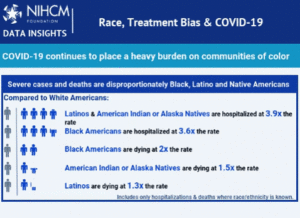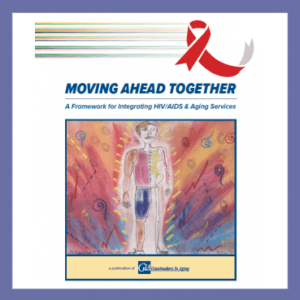The Final Reconciliation Package: Implementation of Key Provisions
On July 4, 2025, H.R. 1, the One Big Beautiful Bill Act, was signed into law. The implementation dates for key health care provisions in the law vary, with some taking effect immediately upon passage and others being implemented over several years. This resource details key dates for the implementation of the law’s most significant health care provisions.
Deadlines in Health-Related Executive Orders and Presidential Memoranda
This GIH policy resource details many of the health-related executive orders issued by the administration and includes a calendar of upcoming deadlines for when those orders are expected to be implemented.
Beyond the Exam Room: Impacting Health Outcomes Through Civic Engagement
August marks Civic Health Month, a time to showcase the link between voting and health and celebrate efforts that ensure every voter can support their community’s health at the ballot box. At the same time, the United States is grappling with a health care system ranked 37th globally despite consuming 17 percent of the country’s GDP. With 26 million Americans uninsured and 43 million underinsured, the gap in access to care continues to widen. This crisis will deepen as critical ACA subsidies expire at the end of 2025, potentially leaving 3.8 million more Americans without coverage, in addition to new federal cuts to Medicaid and changes to how coverage is accessed through the health insurance marketplace, which could result in as many as 20 million Americans losing their health insurance.
Poll: A New National Conversation About Covid-19 is Urgently Needed
A new poll by pollster Frank Luntz and the de Beaumont Foundation examines attitudes regarding COVID-19 and explores preferred words, sentences, phrases, and attributes Americans need to hear to change their behavior and stop the spread of the coronavirus pandemic.
Moving Ahead Together: A Framework for Integrating HIV/AIDS and Aging Services
More than half of the 1.2 million people living with HIV in the U.S. are 50 or older. By 2030, that figure is estimated to rise to 70-percent. This new Grantmakers In Aging (GIA) report offers a detailed set of recommendations for bringing health care (HIV, geriatrics, primary, and specialty care), behavioral health care, psychosocial support, and social services into closer cooperation.
States Are Getting Ready to Distribute COVID-19 Vaccines. What Do Their Plans Tell Us So Far?
KFF has released an issue brief reviewing the preliminary vaccine distribution plans submitted to the U.S. Centers for Disease Control and Prevention by the states and the District of Columbia.
Supporting Clinics to Serve as Community Hubs for Health in Central Texas
In Texas, the lack of access to health care, coupled with inadequate and under-resourced systems, has had a profoundly negative impact on communities of color and underserved areas. COVID-19 has laid bare the severity of these issues even more so. These factors, and our commitment to achieving health equity, have informed the St. David’s Foundation’s primary care safety net strategy.






